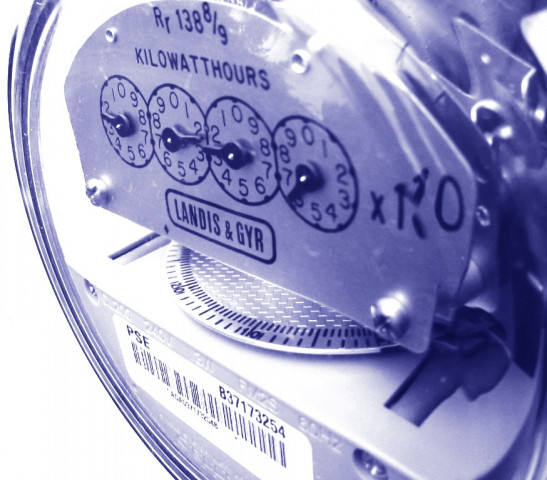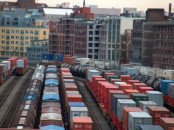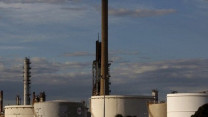Power companies: Despite high losses, inefficient officials get off scot-free
Consumers forced to make up for losses caused by power theft, lower recoveries.

85.4%
is the percentage of the billed
amount collected by power
companies from the consumers
in the first five months of
the current fiscal year. STOCK IMAGE
Instead the government is trying to make up for the losses by repeatedly increasing power tariffs. It has decided to place more burden of power theft on the consumers in order to avoid action against the people involved in stealing electricity and accused of inefficiency, officials say.

According to official figures, electricity transmission and distribution losses, which stood at 17.8% in the first five months (July-November) of fiscal year 2013-14, rose to 18.6% in the corresponding period next year.
In 2012-13, when the previous government of Pakistan Peoples Party (PPP) was in the final year of its five-year term, the collection of electricity bills stood at 93.7%, but it dropped to 89.7% next year when the current Pakistan Muslim League-Nawaz (PML-N) government had taken over.
In 2013-14, the recoveries were Rs866.5 billion compared to total bills of Rs966.1 billion, a shortfall of around Rs100 billion.
In the first five months of the current fiscal year, power companies were able to collect only 85.4% of the billed amount. Consumers were billed Rs509.7 billion, but actual recoveries were Rs435.3 billion, leading to a loss of Rs74.4 billion to government revenues.
Recently, an increase of 98 paisa per unit in power tariff has been notified as the Universal Obligation Fund to clear liabilities of power companies.
Apart from this, policy directives will be issued to the power regulator to recover the cost of theft and interest on bank loans from the honest consumers who are regularly paying their electricity bills.
The current petrol shortages erupted following a long delay by power companies in making payments to cash-strapped Pakistan State Oil (PSO) for fuel supplies. As a result, PSO defaulted on international payments and global banks blocked the company’s Rs110 billion worth of letters of credit.
Payables of power producers to PSO have accumulated to Rs200 billion because of lower recoveries of electricity bills and higher losses. The power producers themselves wait for payments from the electricity distributors for onward payments to PSO.
According to officials, Adviser to Prime Minister on Petroleum Zahid Muzaffar, who is one of the two members of a committee probing petrol shortages, is a close friend of Finance Minister Ishaq Dar.
The committee has put the responsibility of petrol scarcity on the Oil and Gas Regulatory Authority (Ogra) and has given a clean chit to Dar and Water and Power Minister Khawaja Muhammad Asif, who were equally responsible as they had ignored warnings of the PSO management.
After making Ogra the scapegoat, the government has turned attention to the National Electric Power Regulatory Authority (Nepra) and is forcing the regulator to pass on more burden to the consumers while finalising the tariff for the ongoing fiscal year 2014-15.
“If Nepra bows to the pressure, the consumers would have to pay an additional Rs45 billion to cover the losses of power companies,” an official said.
Published in The Express Tribune, January 22nd, 2015.
Like Business on Facebook, follow @TribuneBiz on Twitter to stay informed and join in the conversation.



















COMMENTS
Comments are moderated and generally will be posted if they are on-topic and not abusive.
For more information, please see our Comments FAQ